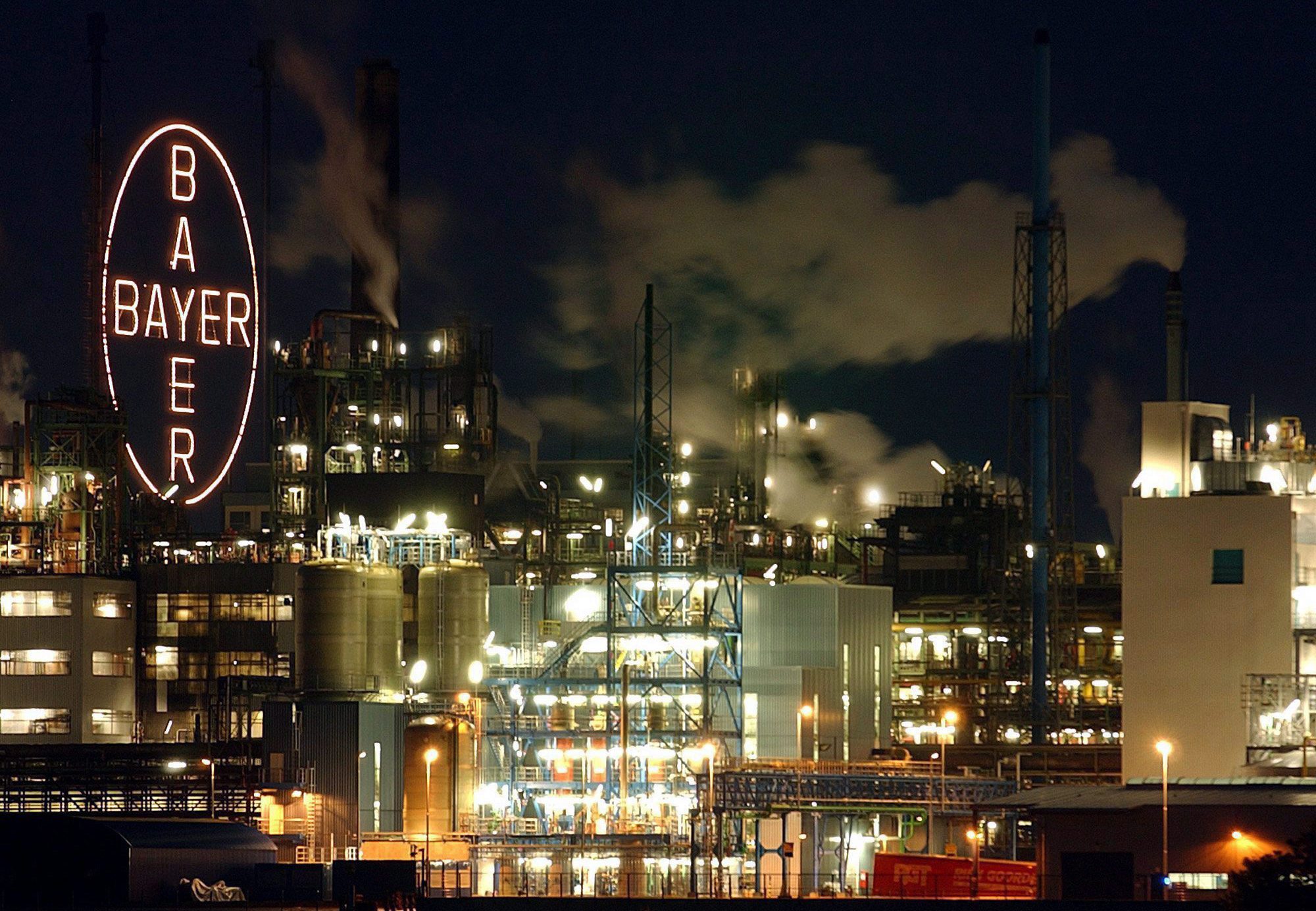SUMMARY
This is AI generated summarization, which may have errors. For context, always refer to the full article.

NEW YORK, USA – US agribusiness giant Monsanto Co. rejected Tuesday, May 24, the $62 billion takeover bid by Germany’s Bayer AG as too low, but said it was willing to entertain further talks on a merger.
Monsanto chairman and chief executive Hugh Grant said in a statement that the offer “significantly undervalues our company” and does not give enough assurance on how Bayer would finance the deal or overcome possible regulatory challenges.
Monsanto’s board “unanimously views the Bayer AG proposal as incomplete and financially inadequate, but is open to continued and constructive conversations to assess whether a transaction in the best interest of Monsanto shareowners can be achieved,” the statement said.
Late Tuesday Bayer issued a statement saying that it “looks forward to engaging in constructive discussions with Monsanto” while sticking to its offer.
Bayer made what amounts to the largest-ever takeover offer by a German company on Monday, May 23, for the world leader in seeds, farm pesticides, and genetically modified crops.
The $122 a share cash offer sent Monsanto shares surging Monday, but only to $106 amid expectations of Monsanto’s rejection and questions over whether Bayer would increase the bid. Bayer shares had tumbled on the news.
Monsanto’s shares finished up another 3.1% on Tuesday at $109.30.
Bayer shares traded in Frankfurt had fallen last week on expectations of the proposal, dropping to 84.42 euros ($94.09) on Monday.
With unconfirmed reports of Monsanto’s coming rejection already in the markets, Bayer shares rebounded 3.2% Tuesday to 87.15 euros.
Antitrust concerns
The German giant, a global power in pharmaceuticals, consumer health products, and crop science, called the proposed merger “an extraordinary opportunity to create a global leader in the agricultural industry. Monsanto is a perfect match to our agricultural business.”
“The agriculture industry is at the heart of one of the greatest challenges of our time: how to feed an additional 3 billion people in the world by 2050,” said Bayer chief executive Werner Baumann.
According to The Wall Street Journal, the two companies would together account for around 28% of global sales of pesticides and herbicides.
That could raise antitrust concerns from regulators. It could also heighten the already significant worries around the world that farmers are too dependent on one or two companies to supply their seeds.
The new giant “would have enormous lobbying power on both sides of the Atlantic,” said Marco Contiero, policy adviser for agriculture and genetic engineering at Greenpeace.
Bayer faces financial challenges in the huge deal, which would force it to raise both debt and equity to finance.
In the Bayer statement late Tuesday, Baumann said the company is “confident that we can address any potential financing or regulatory matters related to the transaction.”
The German firm said expected synergies from the merger would result in an annual boost to earnings of around $1.5 billion after 3 years.
In Monsanto it would get a company with a strong leading global market share for many of its products, but whose sales fell to $15.0 billion in 2015 from $15.9 billion the year before with the slowdown in the world economy.
It will also take on the headache of battling against widespread suspicion and rejection of genetically modified organisms like Monsanto’s popular seeds, with some of the strongest resistance in Bayer’s European backyard.
“Monsanto couldn’t be more unpopular in Germany,” said Anne Isakowitsch, a Berlin-based activist for the environmentalist campaign group, Sum of Us, who has launched a petition against the tie-up.
At the same time, scientists have recently lent more support to the industry. The US National Academies of Sciences, Engineering and Medicine released a report last week that said research had found no evidence that GMO foods are unsafe to eat. – Luc Olinga, AFP / Rappler.com
Add a comment
How does this make you feel?
There are no comments yet. Add your comment to start the conversation.